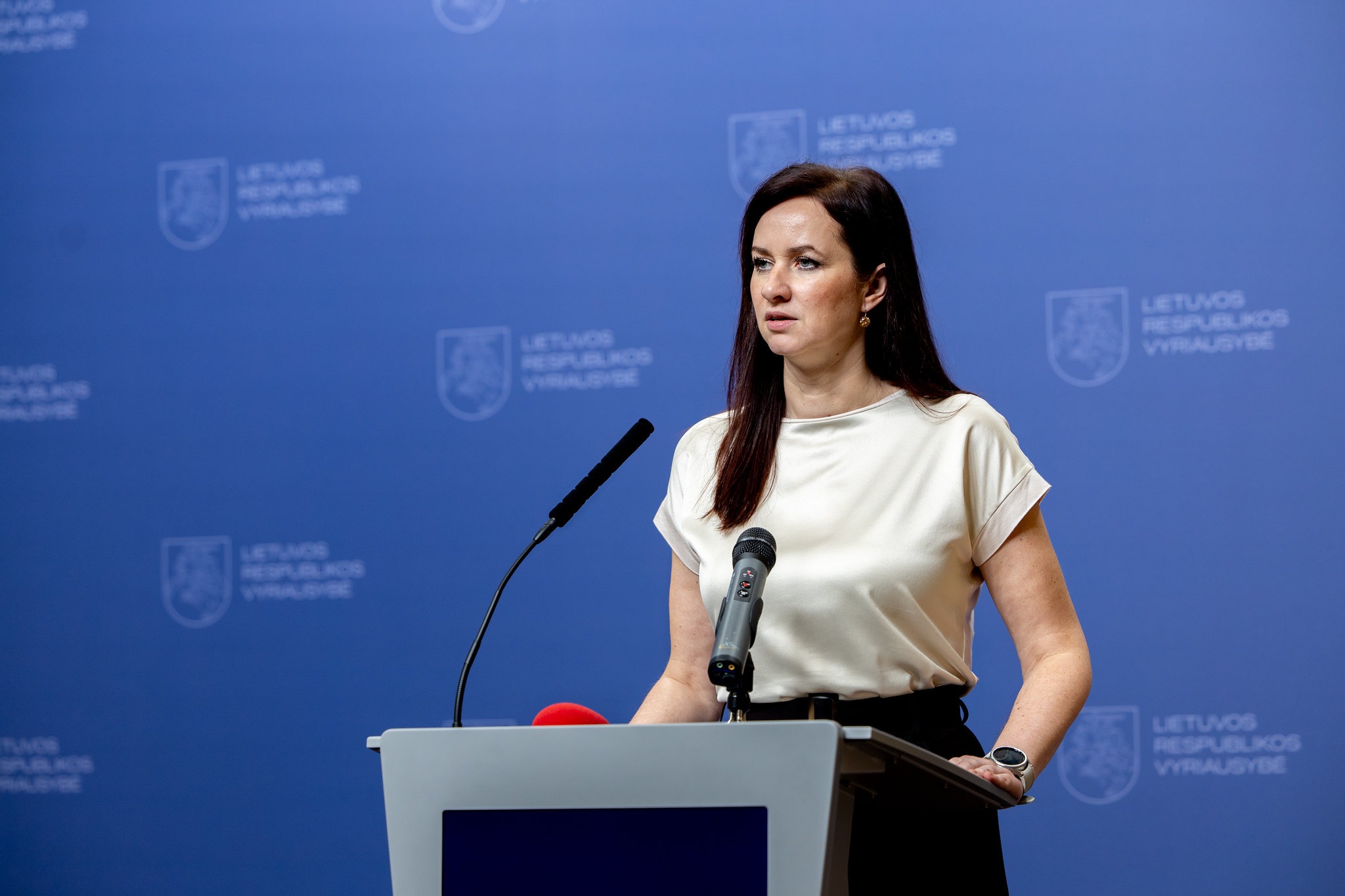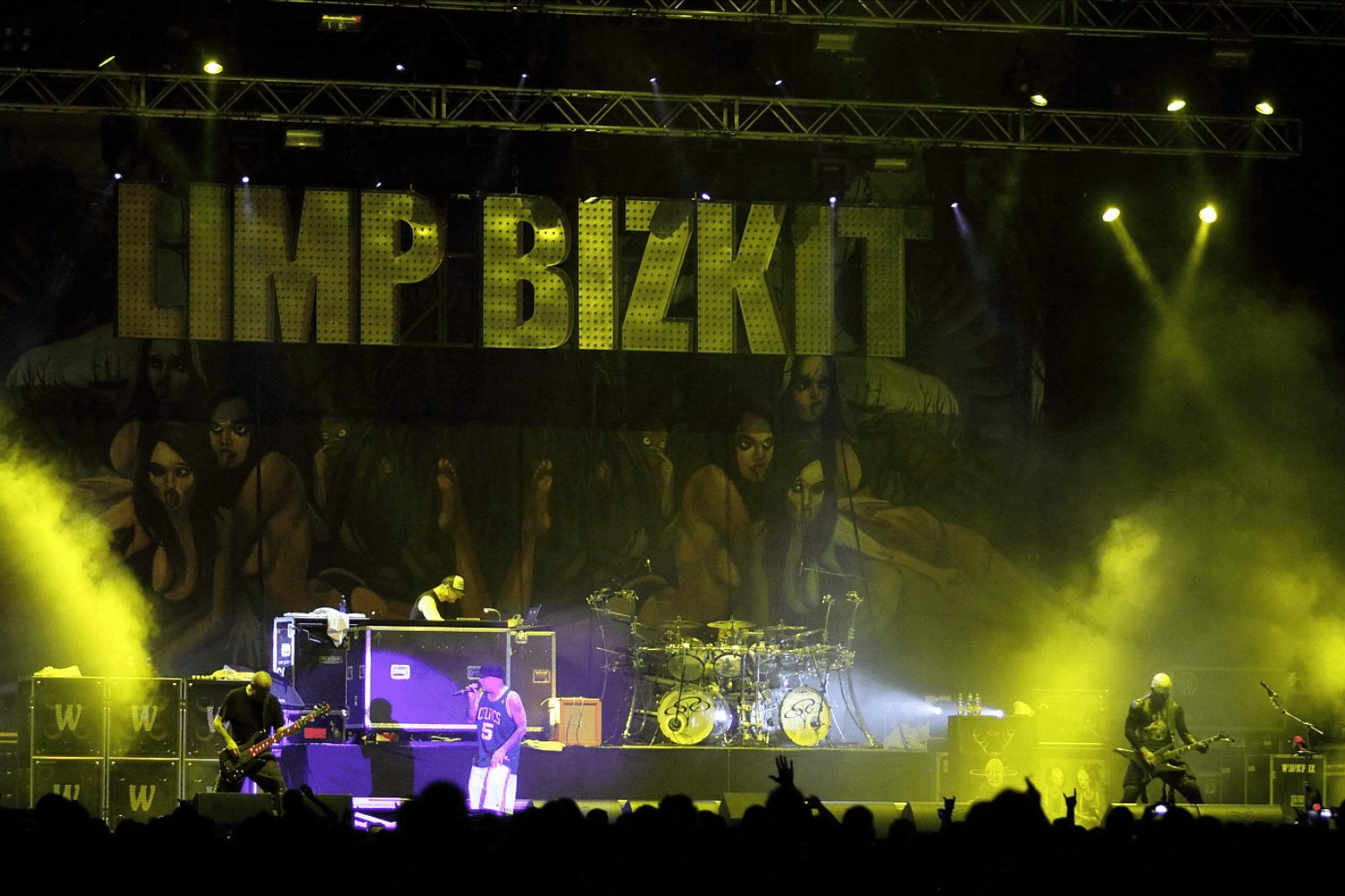
Main narratives:
- USA will abandon Europe and NATO;
- Russia will become a great power.
Overview:
Pro-Kremlin Telegram channels marked the transition to 2025 with a series of predictions that centered heavily on Donald Trump and portrayed a future geopolitical landscape highly favorable to Russian interests. Their forecasts painted a picture of dramatic global power shifts with significant implications for international relations.
The predictions outlined several interconnected themes:
- U.S. Global Decline: These channels predicted that under Trump, the United States would experience a significant retreat from global leadership, being preoccupied with domestic issues. They suggested this would lead to American disengagement from international conflicts and a diminished role in global affairs.
- European Fragmentation: According to these narratives, reduced American influence would lead to the weakening of European unity. The channels claimed this would result in decreased “Russophobia” and the gradual disintegration of European cohesion, implying that anti-Russian sentiment in Europe is primarily maintained by U.S. influence rather than legitimate security concerns.
- Russian Ascendancy: The channels forecast a significant enhancement of Russia’s global position, predicting it would emerge as a major strategic player on the world stage. This was coupled with optimistic predictions about Trump potentially lifting or reducing sanctions against Russia and pursuing normalized relations.
- Ukraine’s Collapse: In these predictions, Ukraine’s fate was explicitly tied to the changing global order, with claims that the country would “fall apart” in 2025, suggesting this would be a direct consequence of reduced Western support.
- NATO Weakening: The channels predicted a weakening of NATO, implying this would be a natural consequence of reduced U.S. engagement and European fragmentation.
The narratives also included direct ridicule of those opposing Russia, specifically mocking Latvians who hope for Russia’s defeat as “fools,” demonstrating how these channels combine geopolitical predictions with contempt for Russia’s critics.
These predictions reveal a consistent pattern in Kremlin-aligned messaging:
- Frames Trump’s potential presidency as a catalyst for global changes benefiting Russia
- Anticipates and celebrates the potential weakening of Western institutions and alliances
- Projects Russian power and influence increasing as Western influence declines
- Dismisses and mocks those who oppose Russian interests
- Presents the weakening of Western unity and power as inevitable rather than aspirational
These narratives appear designed to both boost confidence among pro-Russian audiences and potentially demoralize those who oppose Russian interests by presenting Russian ascendancy as inevitable.









